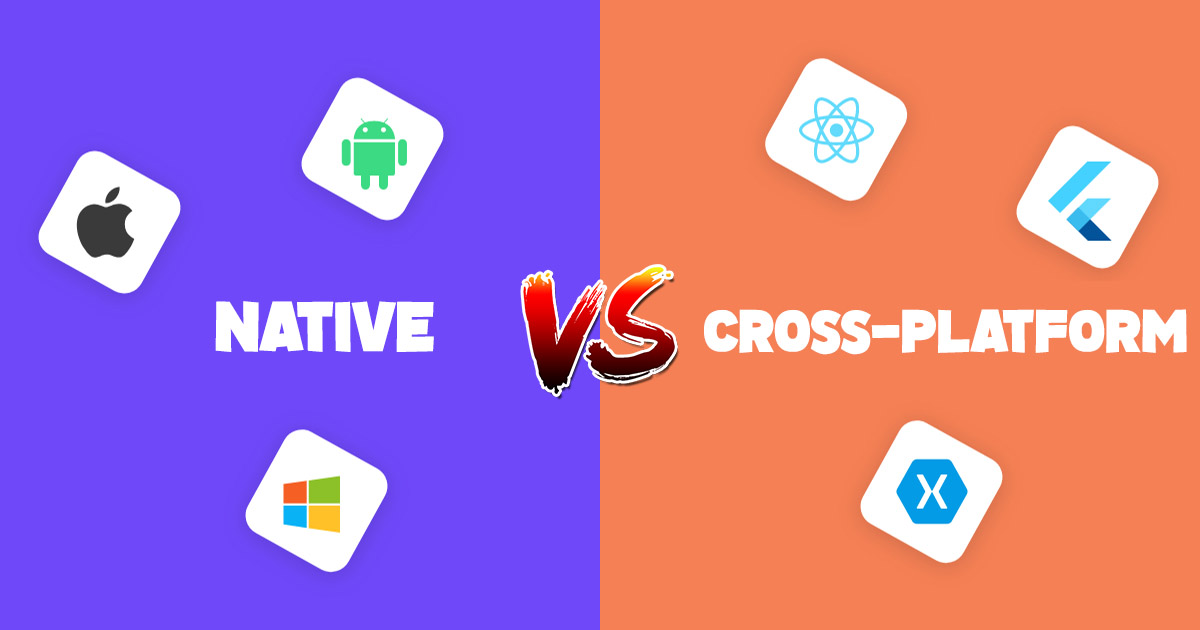In the world of mobile app development, one of the most important decisions to make is whether to build a native or cross-platform app.
Both have their advantages and disadvantages, and choosing the right approach depends on a variety of factors. In this article, we’ll explore the differences between native and cross-platform apps, and help you determine which one is the best fit for your project.
What are Native Applications?
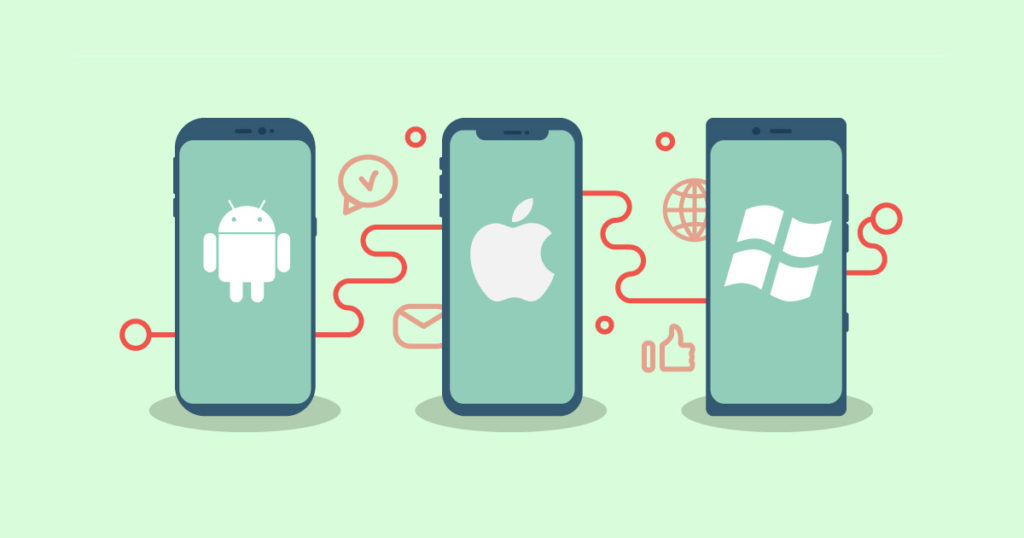
Native applications are software programs that are developed for a specific platform or operating system, such as iOS or Android.
These applications are built using the native programming languages and software development tools provided by the platform’s vendor. Native apps are able to leverage the full capabilities of the device hardware and software, resulting in high performance, fast response times, and a seamless user experience.
They are typically faster, more reliable, and have better integration with the operating system and other native apps. However, developing native apps for multiple platforms requires writing separate codebases, which can be time-consuming and expensive.
What are the programming languages used in Native apps?
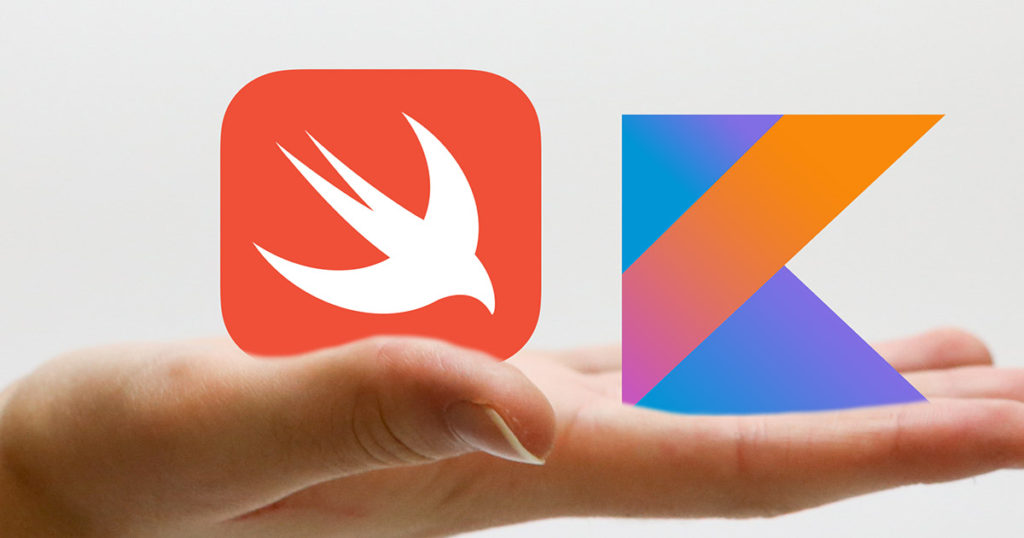
Native apps are developed specifically for a single platform, such as iOS or Android, using the platform’s native programming languages.
For iOS apps, the primary programming language used is Swift, which was developed by Apple specifically for iOS, macOS, and watchOS. Objective-C is also commonly used for iOS app development, although it is gradually being replaced by Swift.
For Android apps, the primary programming language used is Java, which has been a standard language for Android development for many years. However, Kotlin is becoming increasingly popular and is now officially supported by Google as an alternative to Java for Android app development.
In addition to these primary programming languages, both iOS and Android platforms also provide access to a wide range of frameworks, libraries, and tools that are specific to their platforms. These tools and frameworks make it easier for developers to create native apps that work well on their respective platforms, with features such as user interfaces, APIs, and device compatibility.
What are the pros and cons of using a Native app?

Advantages
- Stability – Native app users can be assured of a stable app experience when using applications that are developed for specific platforms, such as iOS or Android.
- Simplicity – Native app users don’t need to worry about adapting to the functionality of the application, as developers can maximize features on user-specific platforms such as iOS or Android to create a simple and seamless experience.
- User-friendliness – Native apps provide users with an easy, seamless, and enjoyable experience while utilizing all the app’s features.
- No third-parties – Native applications offer the advantage of being optimized for specific operating systems, resulting in a seamless and efficient user experience without any third-party restrictions, making them a great choice for those seeking a more unique and uncomplicated experience compared to cross-platform apps.
- Effectiveness of UI/UX – The interface and behavioral patterns of iOS and Android are different, which is why users prefer one over the other when using native apps on each platform, making them effective for UI/UX.
Disadvantages
- Development costs – Native apps come with a major drawback in terms of development cost, which is considerably higher when compared to cross-platform apps.
- Time-consuming – Developing native apps usually takes more time, especially when targeting multiple platforms simultaneously, which may result in longer development periods than expected.
- Expensive support system – Native apps may provide a more user-friendly experience, but they often require a more expensive and time-intensive support system than cross-platform apps, making them more challenging to maintain.
What are Cross-Platform Applications?
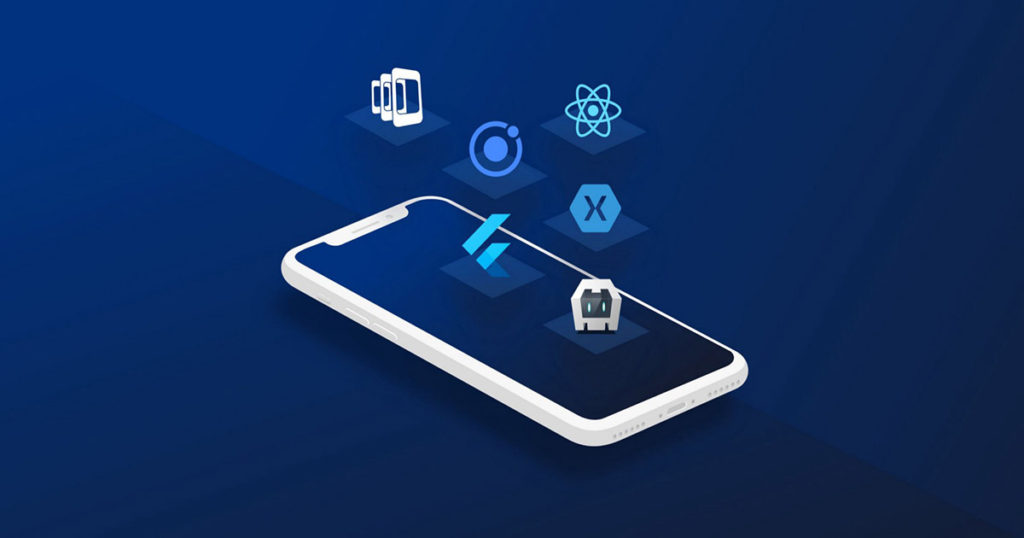
Cross-platform apps are applications that can run on multiple platforms or operating systems such as iOS, Android, and Windows.
These apps are developed using a single codebase and are designed to provide a consistent user experience across all platforms. They are different from native apps, which are specifically built for a particular platform using platform-specific programming languages and tools.
Cross-platform apps can be developed using frameworks and tools such as React Native and Flutter, which allow developers to create apps using common web technologies such as HTML, CSS, and JavaScript.
What are the programming frameworks used in Cross-platform apps?
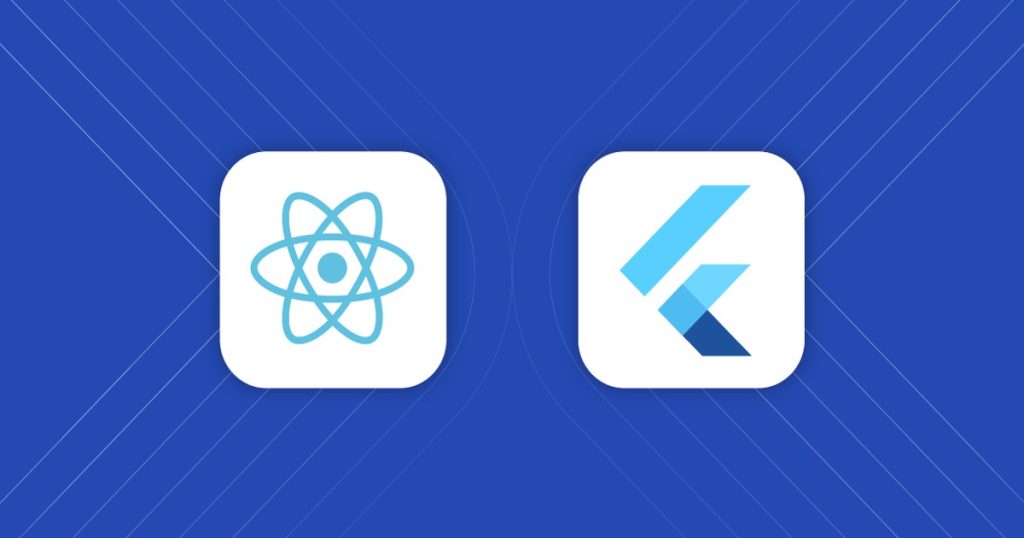
There are several programming frameworks used in cross-platform app development, including React Native and Flutter.
These frameworks allow developers to write code once and deploy it across multiple platforms, such as iOS and Android. Each framework has its own strengths and weaknesses, and the choice of framework often depends on factors such as the complexity of the app, the desired performance, and the development team’s skill set.
What are the pros and cons of using a Cross-Platform app?
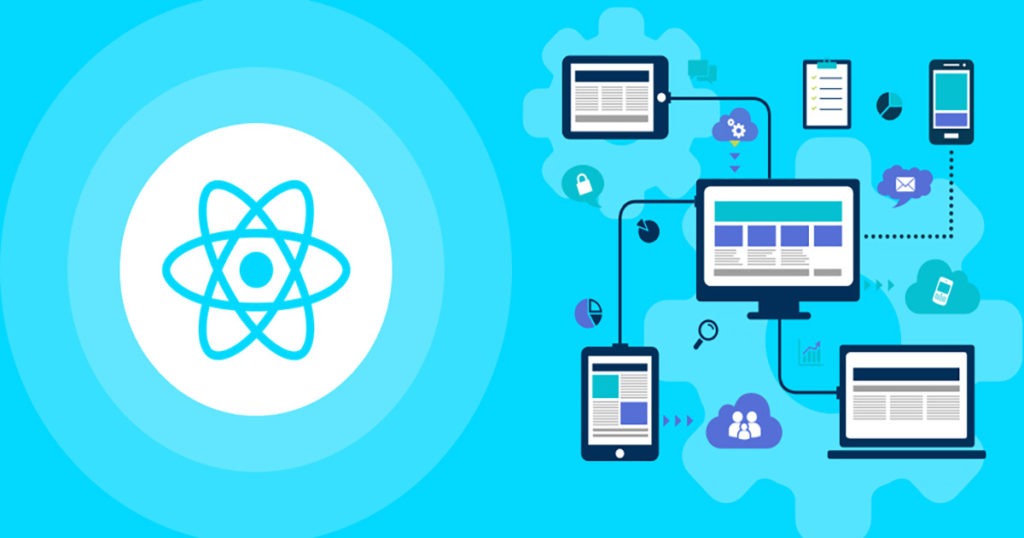
Advantages
- Affordable – Cross-platform apps are more cost-effective as compared to native apps, thanks to their single codebase feature that benefits both users and developers, resulting in reduced costs.
- Easy deployment – Cross-platform apps offer easier deployment than native apps since they do not require separate codebases, resulting in faster application functionality, and further changes to the app can be made without the need for individual changes to each platform.
- Wider reach – Cross-platform applications have a higher potential to reach a broader audience, resulting in increased revenue.
- Small team size – Cross-platform apps have a faster development process compared to native apps, which reduces the need for a large development team, making it possible for a smaller team to carry out the development process without any significant challenges.
- Time-saving – Compared to native apps, cross-platform apps are less time-consuming as they can work efficiently on multiple operating systems simultaneously.
Disadvantages
- Performance glitches – Cross-platform apps tend to have more glitches as compared to native apps, primarily due to multiple apps working on the same platform.
- User experience issues – Cross-platform apps may have a less polished user experience than native apps due to their shared codebase.
- Less flexibility – Cross-platform apps have been criticized for their lack of flexibility and user-friendliness, as they have struggled to adapt to the unique needs and preferences of individual users over time. This has been a common complaint among users for some time now.
Final Thoughts
Ultimately, choosing between Native and Cross-Platform apps depends on the type of business and application you are building. At Cosmico Studios, we prioritize user experience as the key factor in retaining app users, which is why we advocate for Native app development.
If you have any inquiries or a concept for an application you wish to develop, don’t hesitate to contact us for a consultation.






